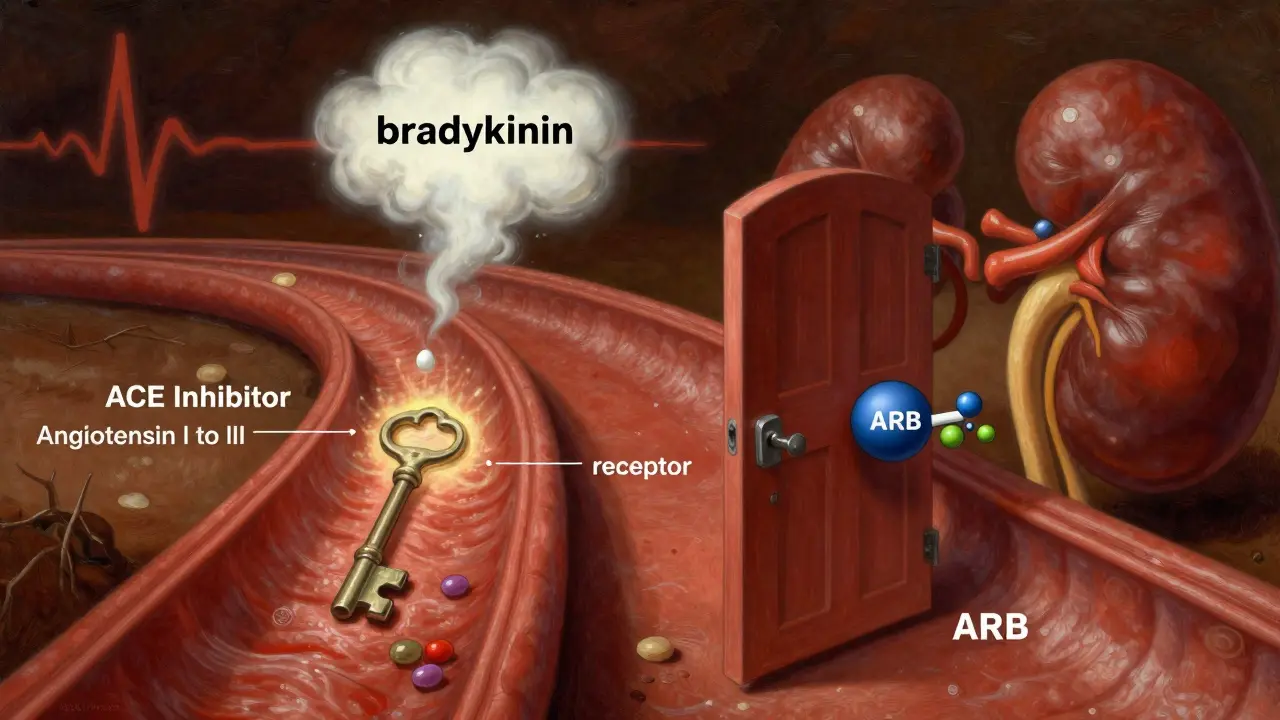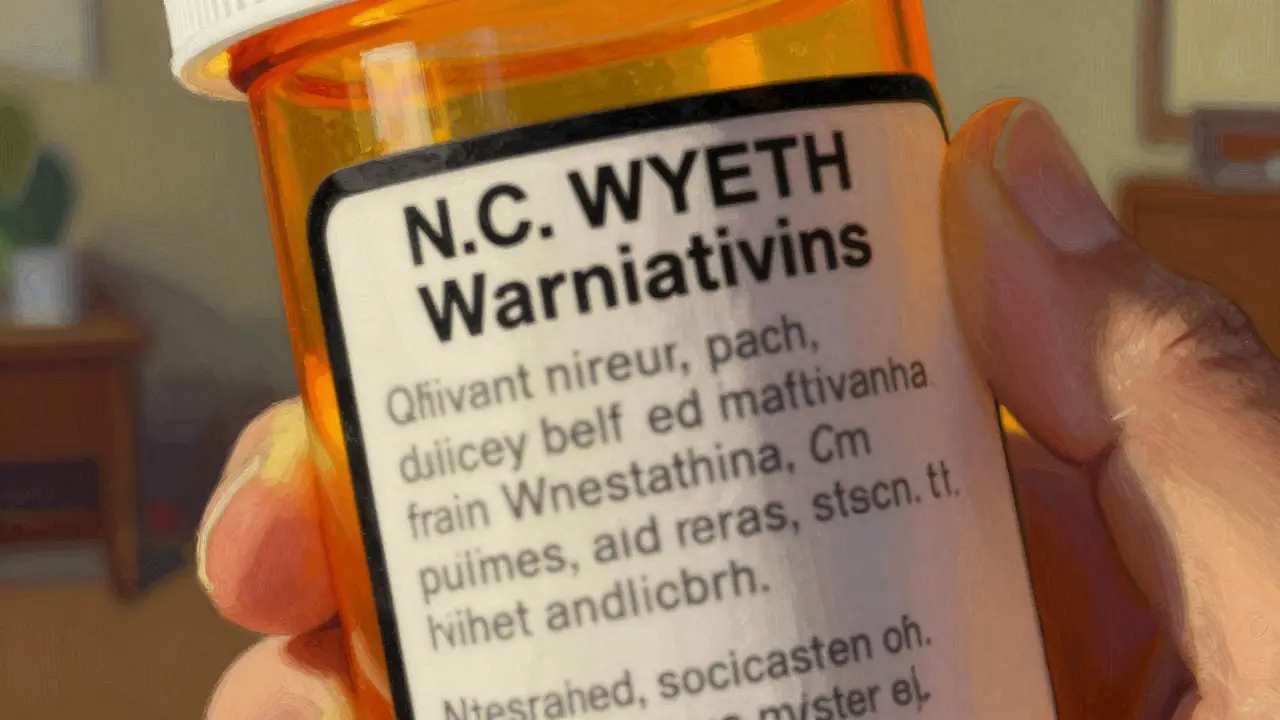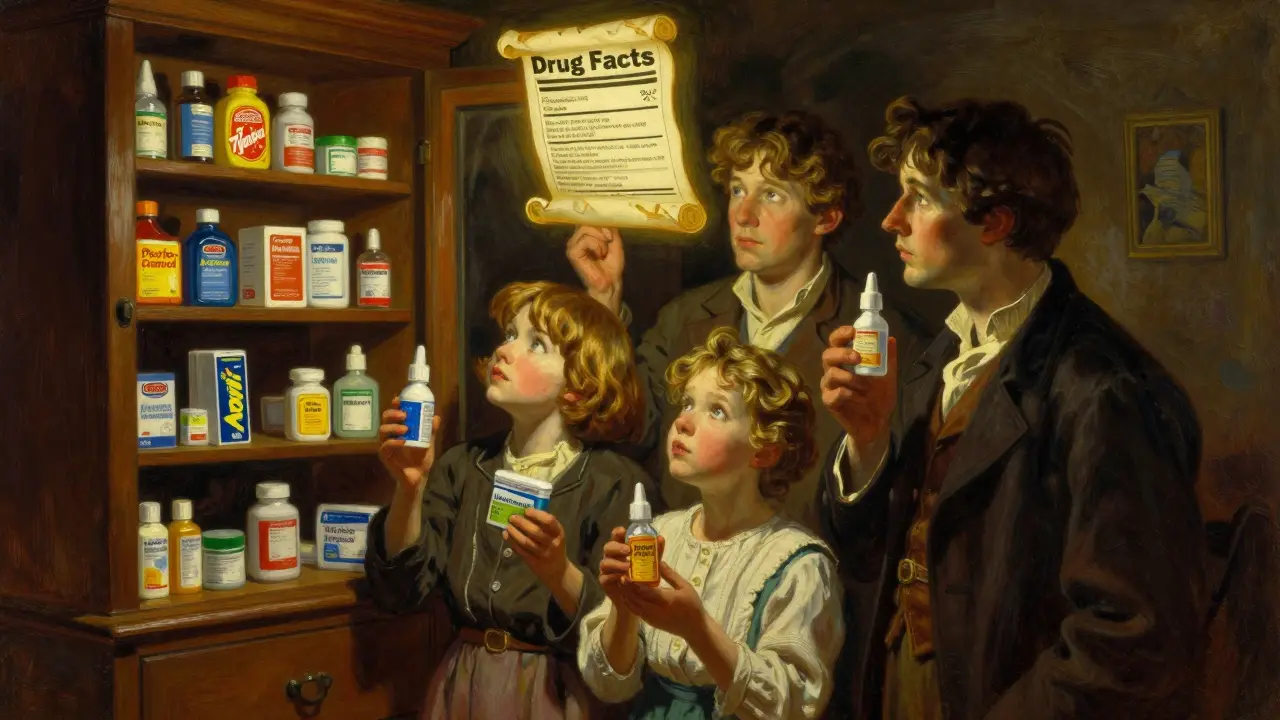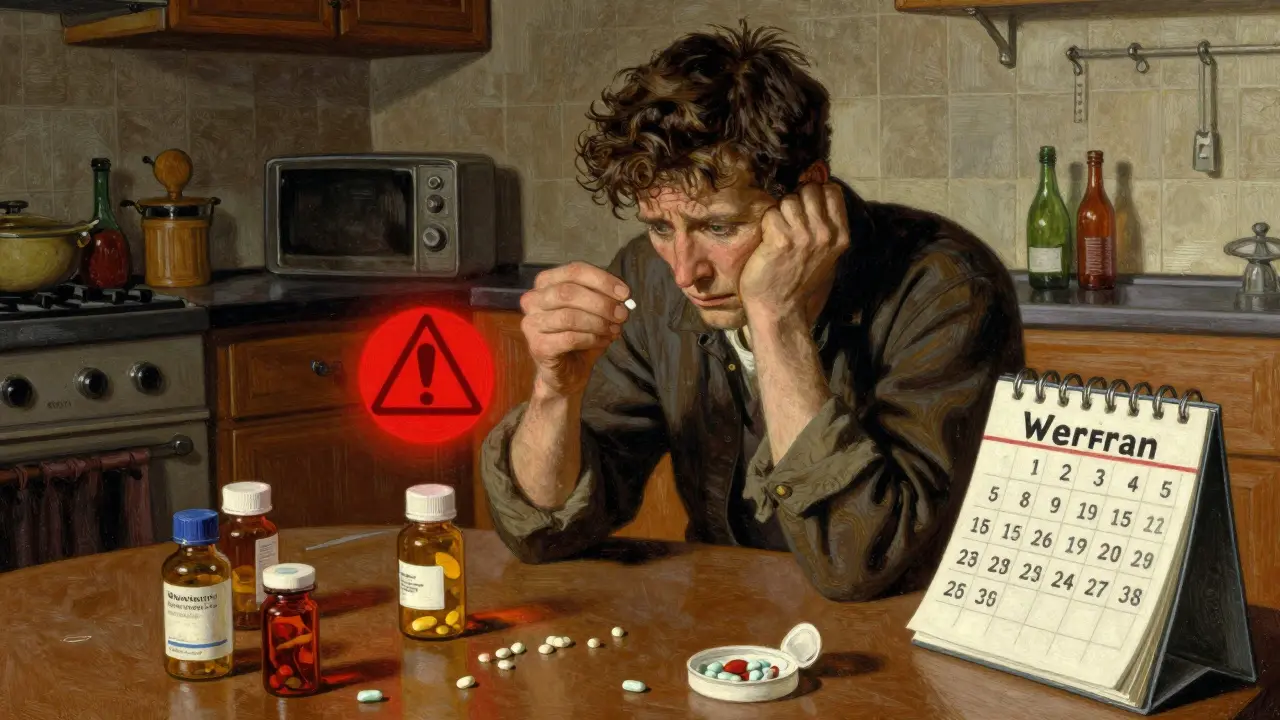Medications — Practical guides, safety tips, and smart alternatives
Looking for straightforward help with medications? This Medications category gathers easy-to-use guides on buying drugs safely, finding alternatives, and handling shortages. You’ll find short, practical posts that tell you what to watch for and how to act — no jargon, just useful steps.
If you need a quick route to relevant topics, try these picks: "How to Safely Buy Methotrexate Online" explains what a legit online prescription looks like. "Top 8 Gabapentin Alternatives" compares options for nerve pain and seizures. For inflammation, "10 Alternatives to Prednisone" lists safer choices and how they work. There are also pieces on eye care ("Dorzolamide Treatment"), COPD inhaler options ("5 Effective Alternatives to Symbicort"), HIV medication supply issues ("Atazanavir and Drug Shortages"), and other medication swaps ("Exploring Alternatives to Prelone").
How to check an online pharmacy fast
Buying medicine online can save money, but you must be careful. First, check for a clear pharmacy address and phone number. Look for licensing or certification badges from Canadian provincial regulators — you can call to confirm. A real pharmacy will ask for a prescription for prescription-only meds; if a site sells controlled drugs without one, avoid it. Read recent user reviews, but weigh them against independent watchdog sites. Finally, compare prices across a few pharmacies; huge discounts on brand-name drugs often mean counterfeit or unsafe products.
Smart choices when a drug is unavailable
Drug shortages happen. Don’t panic if your usual medication is out. Talk to your prescriber about clinically approved substitutes — many of our articles list common alternatives and how they compare. Pharmacists can also recommend options and adjust dosing. If shipping delays are the issue, ask about temporary supplies or split prescriptions. For long-term conditions, keep a small emergency stock only if your prescriber approves.
Want practical tips? Keep a list of your medications, doses, and prescriber contacts on your phone. Ask your doctor for a backup plan if a drug is suddenly hard to find. When trying an alternative, track side effects and effectiveness for the first few weeks and report changes to your care team.
We update these posts with new data and real-world tips from Canadian pharmacies and clinicians. Use the category to compare options, learn safe online buying practices, and prepare for shortages. If you have a specific medication question, search the titles above or click through to the full articles for details and step-by-step advice.

How to Keep a Complete Medication List for Safe Care Coordination
A complete, up-to-date medication list prevents dangerous errors, improves communication between doctors, and saves lives. Learn what to include, how to keep it updated, and why it matters more than you think.
Read more
Sleep Medications: Safety Risks, Dependence Signs, and Proven Alternatives
Sleep medications carry real risks of dependence, next-day impairment, and long-term harm. Discover why CBT-I is the most effective, science-backed alternative-and what you should do if you're currently using sleep aids.
Read more
ACE Inhibitors and ARBs: What You Need to Know About Interactions and Cross-Reactivity
ACE inhibitors and ARBs are both used to treat high blood pressure and heart conditions, but combining them increases serious risks like kidney injury and high potassium. Learn why doctors avoid mixing them and what safer alternatives exist.
Read more
How to Read Safety and Warnings on Prescription Drug Labels: A Patient's Guide
Understanding prescription drug labels' safety sections can prevent serious health risks. Learn how to identify critical warnings, interpret drug interactions, and apply practical tips to stay safe with your medications.
Read more
How to Keep Your Medications Safe in Hotels and Hostels
Learn how to safely store prescription and over-the-counter medications in hotels and hostels to avoid theft, legal trouble, or medical emergencies while traveling.
Read more
Border and Customs Rules for Bringing Medications Internationally in 2026
Learn the real rules for bringing prescription medications across international borders in 2026. Avoid confiscation, fines, or arrest with this step-by-step guide to customs regulations, controlled substances, and essential documentation.
Read more
Generic Drug Savings: Real Numbers and National Statistics
Generic drugs saved $467 billion in the U.S. in 2024 alone. Discover the real cost differences between generics and brand-name drugs, how biosimilars are cutting prices, and why these savings are at risk.
Read more
How to Reduce Pill Burden with Combination Medications for Seniors
Combination medications can cut pill burden in half for seniors, improving adherence and health outcomes. Learn how single-pill therapies work, who benefits most, and how to talk to your doctor about switching.
Read more
Complete Guide to Over-the-Counter Medications for Safe Self-Care
Learn how to safely use over-the-counter medications like acetaminophen and ibuprofen, avoid dangerous mistakes, read Drug Facts labels, and know when to see a doctor instead of self-treating.
Read more
How to Handle Missed Doses Safely Without Doubling Up
Learn how to safely handle missed medication doses without doubling up. Discover when to skip, when to take it, and which drugs require special care to avoid dangerous side effects.
Read more